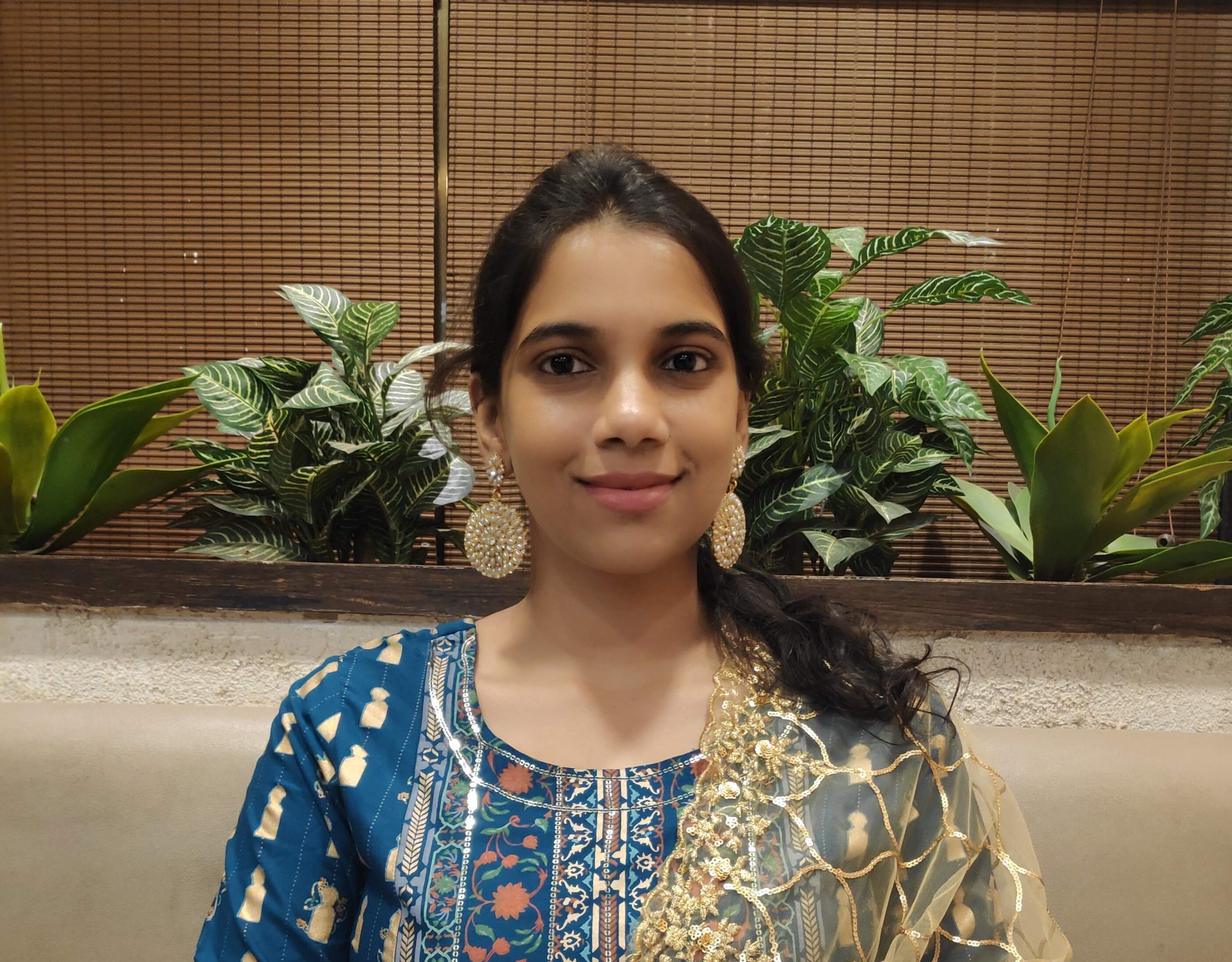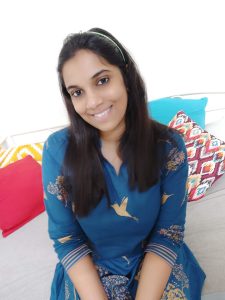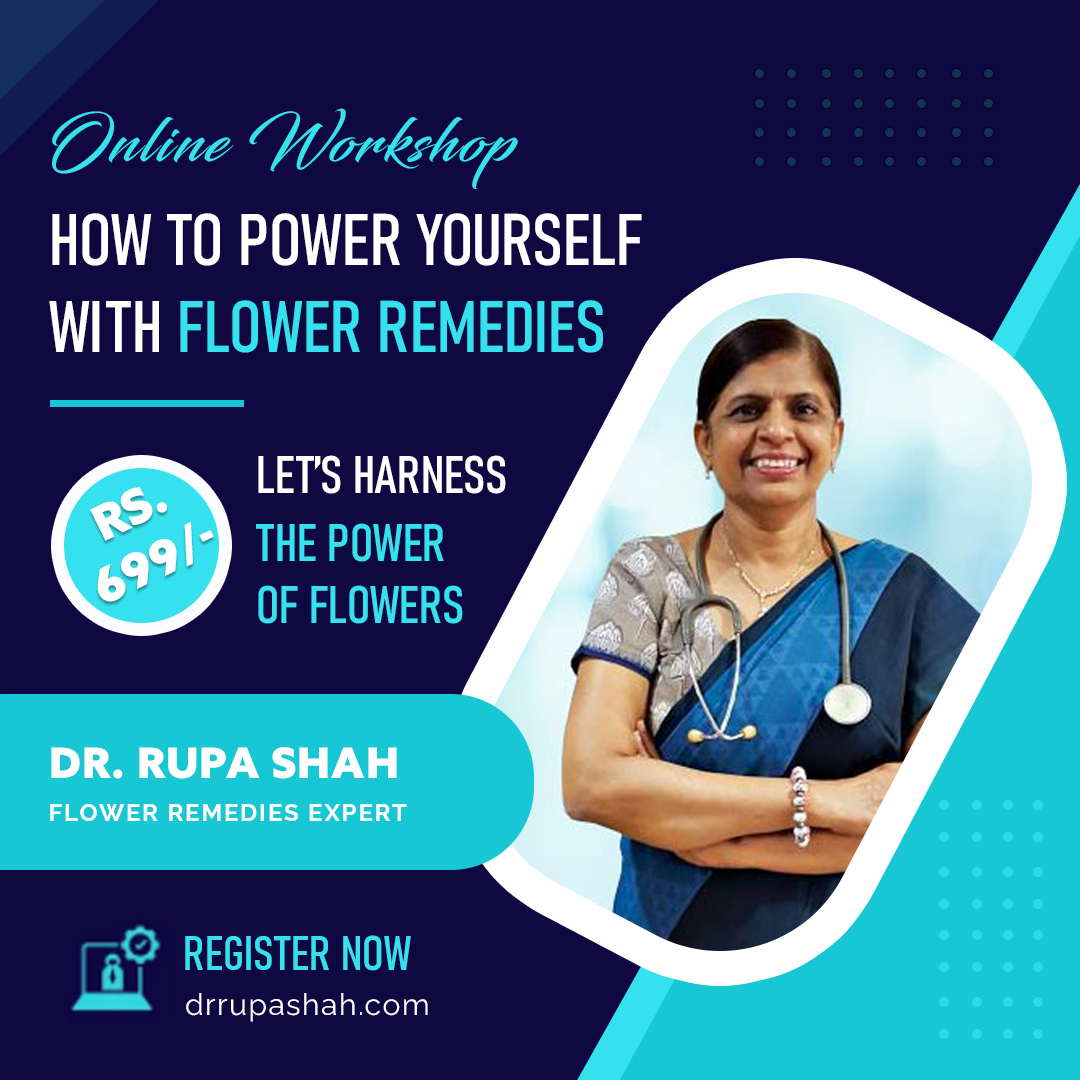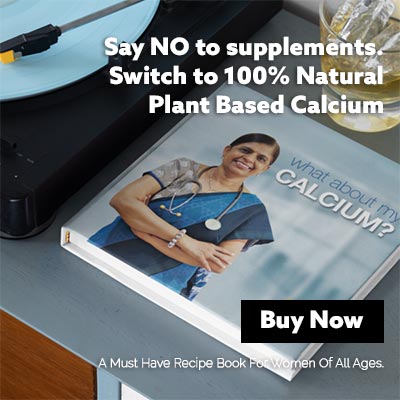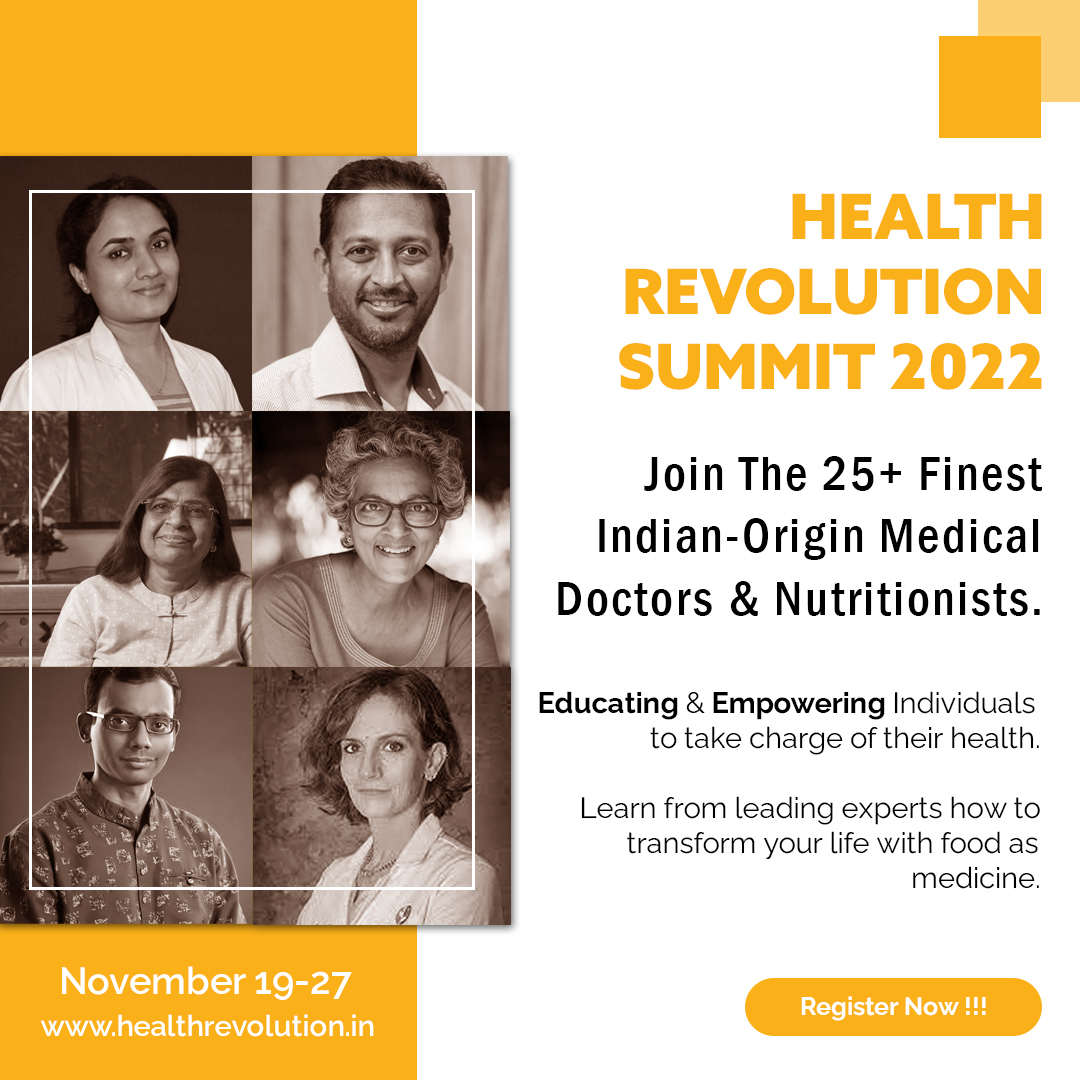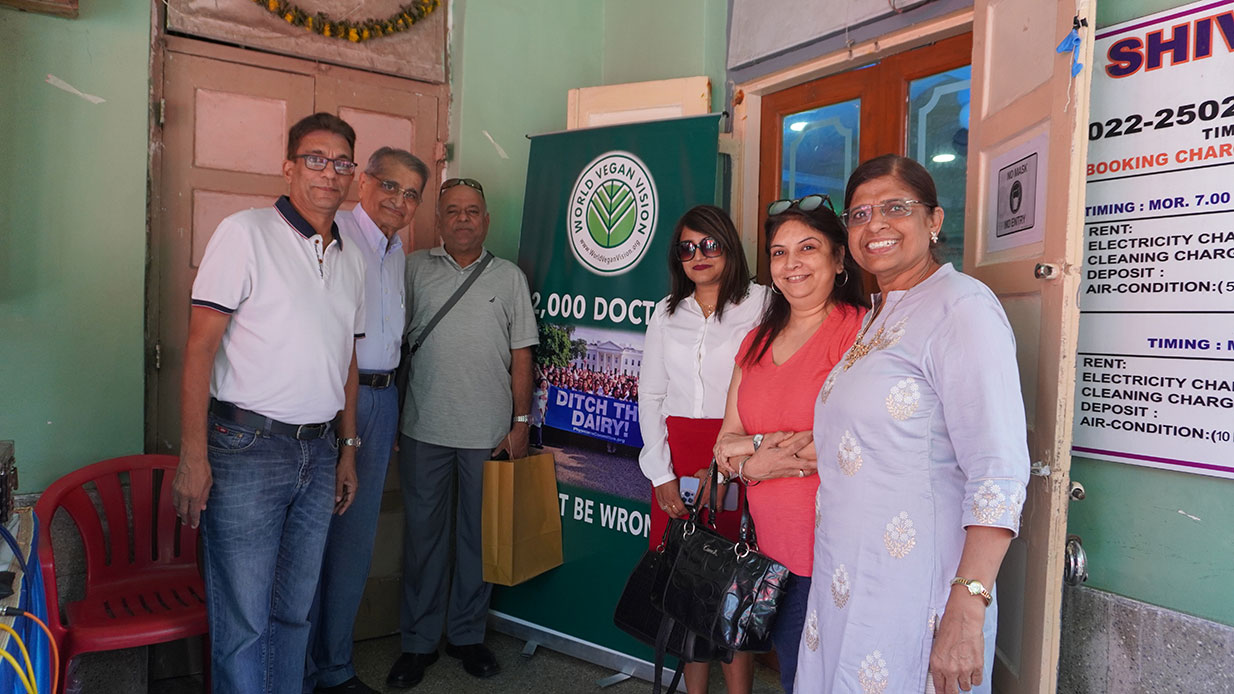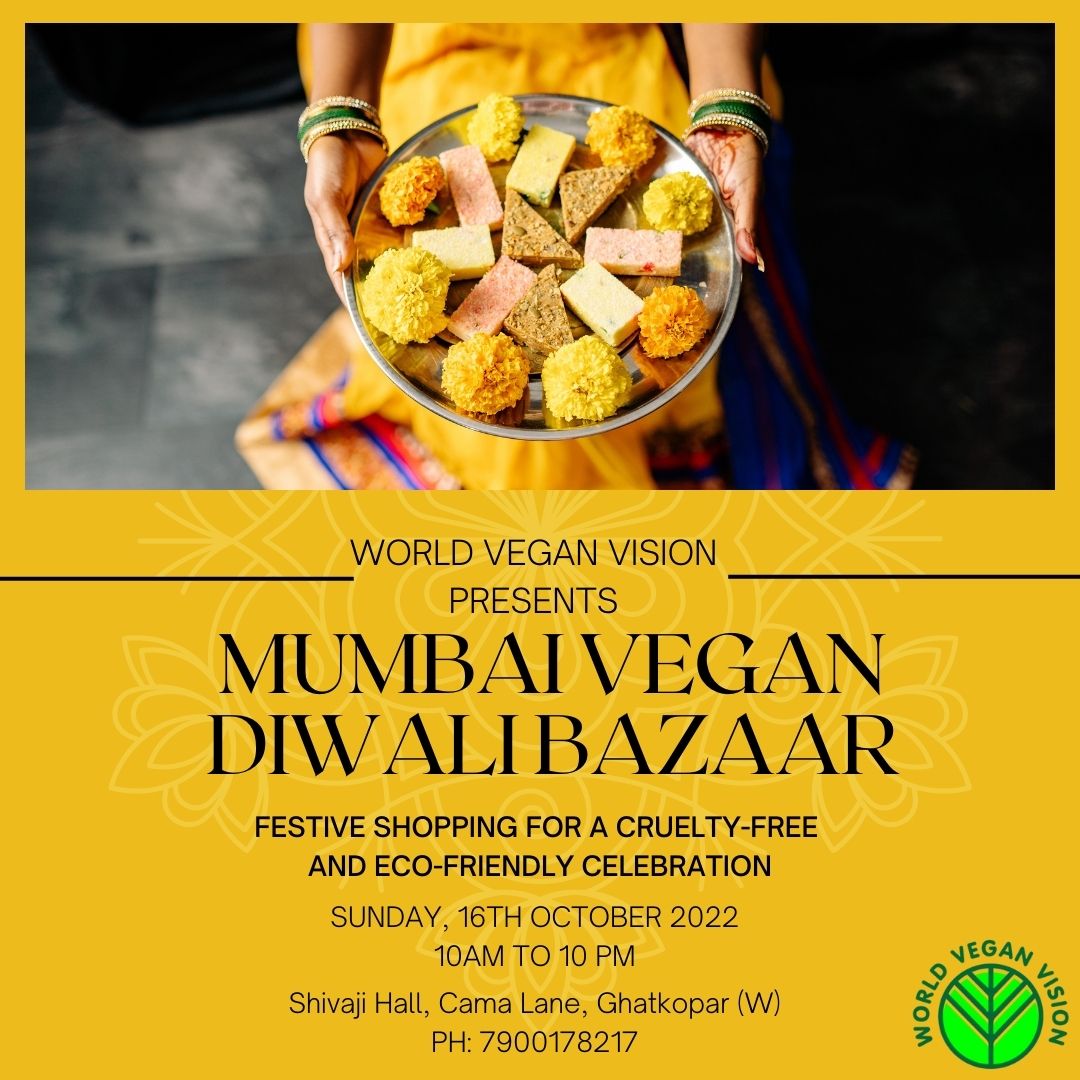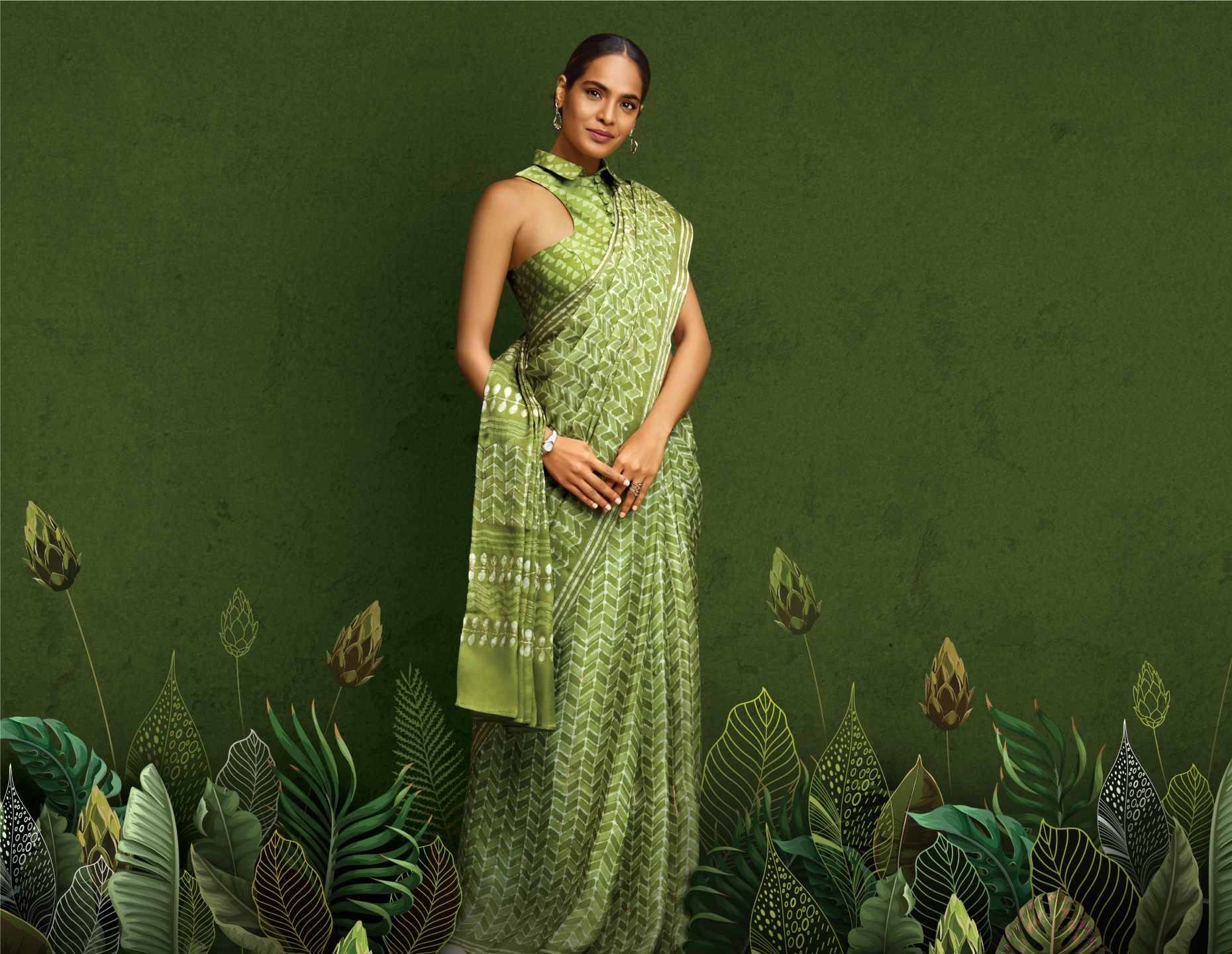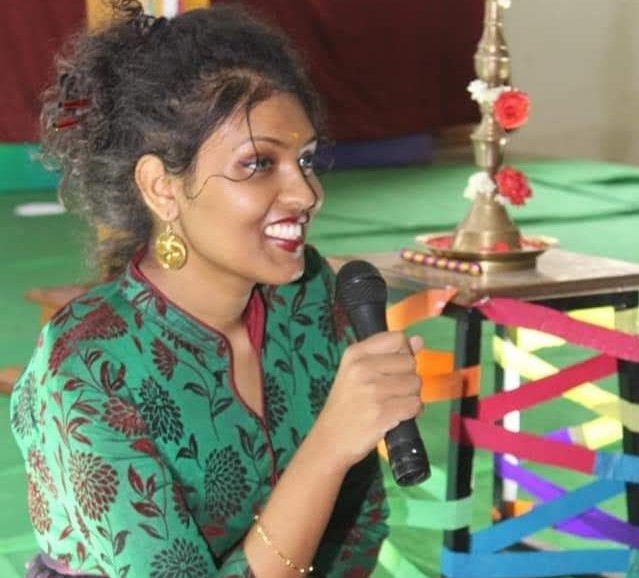In 2012 after completing her Bachelor’s degree, Fousiya got a temporary job near her aunt’s home. She frequently visited her aunt as a result. At the time her aunt was rearing a female goat who had just given birth.
Fousiya grew attached to the baby goat who they all lovingly called Chinku. But somewhere they were oblivious to Chinku’s purpose.
“I come from Kerala and we are Muslims,” she says, signalling animal meat was a normal part of her diet, “being Keralites, we used to consume fish and other seafood on a daily basis”.
When the day of Bakri Eid arrived, Chinku was chosen to be slaughtered for the ritual.
“His flesh was distributed among our relatives, and some was delivered to our home too! I was heartbroken,” says Fousiya.
“That day I decided I would never eat any animal or wear their skin ever in my life again.”

FROM VEGETARIAN TO VEGAN
Fousiya was content with her decision to not harm animals in any way she could, not knowing what was happening in the dairy industry. After she switched to a vegetarian diet she ate paneer, sweets and ice creams on a regular basis.
“Truth is, I was ignorant of the cruelty in the dairy industry at that time. In 2021, I watched some videos explaining the pain and suffering inflicted on animals to sustain the dairy industry and the animal products we used on a daily basis. I found all the activities involved like artificial insemination, separation of their babies, arresting their freedom etc contradictory to my strong feminist values. My husband has a key role in making me realise this. That is when I along with my husband decided to go vegan and we have been practising a vegan lifestyle for 6 months now.”
Fousiya is very clear on why she decided to go vegan. On being asked if she experienced any health benefits, as many people do, after switching to a vegan diet, she quips, “I didn’t turn vegan for health benefits. I know people who have done that. After achieving their set goal, like losing weight or avoiding lactose intolerance I’ve seen them going back to their previous lifestyles.”
“I’m a vegan because I believe in animal rights. I actually don’t care about the benefits, even if a non-vegan diet has any health benefit, I don’t want to enjoy it at the cost of a fellow living being.”
CELEBRATING EID WHILE RESPECTING ALL LIVES
Everything about the festival of Eid is the same for Fousiya, except that she doesn’t participate in the sacrifice or consumption of animals.
She says, “Vegan or not, I never viewed Eid as an occasion to relish your favourite dishes or please your palate. For me, Eid is a time to connect with my family and relatives and celebrate togetherness. As a child, I used to enjoy the night before Eid the most. That’s when we used to make Mehendi designs with cousins. The excitement of that night in the anticipated joy of the next morning is indescribable and very close to my heart. I call up all close ones on Eid wherever I am. On the day of Eid, my phone starts ringing at 6 in the morning.”
“The greatest joy of Eid is to know that you’re loved however far you’re from home!”
Fousiya believes the ritual of animal sacrifice is not necessary to please any God.
“Allah through his messenger has taught us to choose kindness over cruelty. Islam is not just a religion, it is a way of life. We should choose it wisely. Quran urges you to think and find affirmation of Allah’s will,” she adds.
“Think for yourself and you will find that being compassionate and empathetic to fellow beings is the only way you can do justice to your existence.”
Fousiya’s family are very encouraging about her stance. She says, “In my family, we respect each other’s core values and freedom to choose individual lifestyles. My parents and brother have been very supportive when I decided to be a vegetarian. They neither questioned my decision nor forced me to follow their diet which is mostly non-vegetarian.”
Whenever she visits her home, her mother makes sure Fousiya has something to eat. “Now that I’m a vegan I’m sure they are even more prouder of me than before. In fact, my brother shares a similar view as that mine and aspires to be a vegan himself one day. I’m waiting for the day he finds his calling.”
When asked if she had a message she wanted to put forward, she says, “Animals are not our slaves and man has no right to the sense of entitlement he enjoys in treating them whatever way to suit his convenience. People are made to consume animal products right from childhood, the consumption becomes too natural to evade. To think otherwise needs a major attitude shift. The change has to come from within.”
Fousiya is optimistic in her thoughts for the future, “I’m sure one day the world will change for the greater good.”

